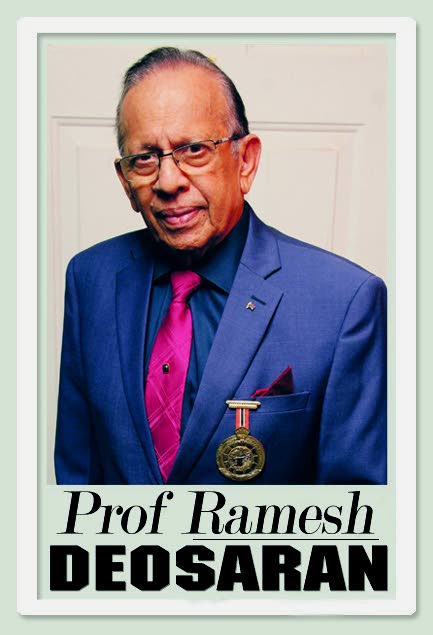The PM and party politics

British politics is once again on fire, triggered by last Tuesday’s sudden resignation of two senior government ministers – Chancellor and Finance Minister Rishi Sunak and Health Minister Sajid Javid.
Over 50 junior officers and political aides followed, culminating with renewed calls for the resignation of the 58-year-old beleaguered PM Boris Johnson. Westminster traditions became alive. British politics have always been sensitive to issues of character, buffoonery and political arrogance. Johnson also faced noisy complaints from inside his own party for refusing to remove his deputy chief whip, Chris Pincher, who is accused of sexual misconduct. Our parties could learn a few things here.
“I am sad to give up the best job in the world,” Johnson confessed last Thursday. And this, after he and his Conservative Party gained a landslide victory in the 2019 elections (80-seat majority). “He was never fit for office,” complained Labour Opposition Leader, Sir Keir Starmer, a rather upright, gentlemanly-type.
Fuelled by insider whistleblowing and a vigilant media, PM Johnson and his officials were slapped with 126 fines for unlawful partying during the covid19 lock-down period. The subsequent no-confidence motion against him by his own party diminished his moral authority. In Britain, PMs do not escape the party’s wrath for lying, public disrespect and vulgar vanities. In my public life, I have found several ministers lying. It’s disgusting to see them writing or on platforms preaching public morality.
The well-educated senior Minister Sunak declared to PM Johnson: “It is with enormous regret that I must tell you that I can no longer, in good conscience, continue serving in this government. I recognise that this may be my last ministerial job.” Also well-educated Javid told Johnson he resigned because he didn’t think the government was maintaining “the high standards” of conduct the public expected of it. The party’s conscience got awakened.
A democratic government or party is more effectively corrected from inside rather than from external forces. External pressure meets with resistance. Ranks are closed. To help maintain its political integrity and electoral credibility, parties often require internal sanitisation, better with few tears.
Notwithstanding existing laws and parliamentary controls, the political party should exert some watchdog control over the politicians it puts into office in terms of their integrity, performance and accountability. And it must do so proactively through the voices and votes of party group members. Such checks could otherwise emerge from political alliances within government. Our political culture seems to practise too much Caesar unto Caesar cover-ups at the top supported by a “disguised dictatorship.”
We have had serious fallouts from both government and party, a most notable one being in 2001 when three UNC ministers, Ramesh Lawrence Maharaj, Ralph Maraj and Trevor Sudama voted against their government on allegations of state corruption, causing the Panday government to collapse. Before or after this collapse, did members of the UNC follow up on these allegations, using the results to help facilitate any required correction? This is how party politics ought to operate, not only from top down.
The pressures upon PM Johnson came not only from the House of Commons but more deadly from way down inside the Conservative party groups across the country. It is that moral crusade that helped give 42-year-old Sunak, 52-year-old Javid and over 50 political aides the courage to resign.
It is not the Labour Opposition that broke Johnson. It was his own party as it rashly did with previous PM, Theresa May. Party politics doesn’t only mean putting politicians into high office. It also means the party must ensure honesty, accountability and good conduct from them. There is a moral obligation here. Strengthen the voices within the party. The enlightened leader allows this.
Evidence suggests that even naturally humble men and women, once put into high political office, often get transformed into fits of arrogance and paranoia. If unqualified or politically patronised for the position, they become insecure, always fearful that somebody would take it away. They rely on flattering cliques and become distrustful of bright associates. A democratic party must therefore save such persons from themselves.
The seeds of democratic thinking and proper conduct must therefore be first planted within the political party. No leader must appear greater than the party, and no party must appear greater than the country.


Comments
"The PM and party politics"